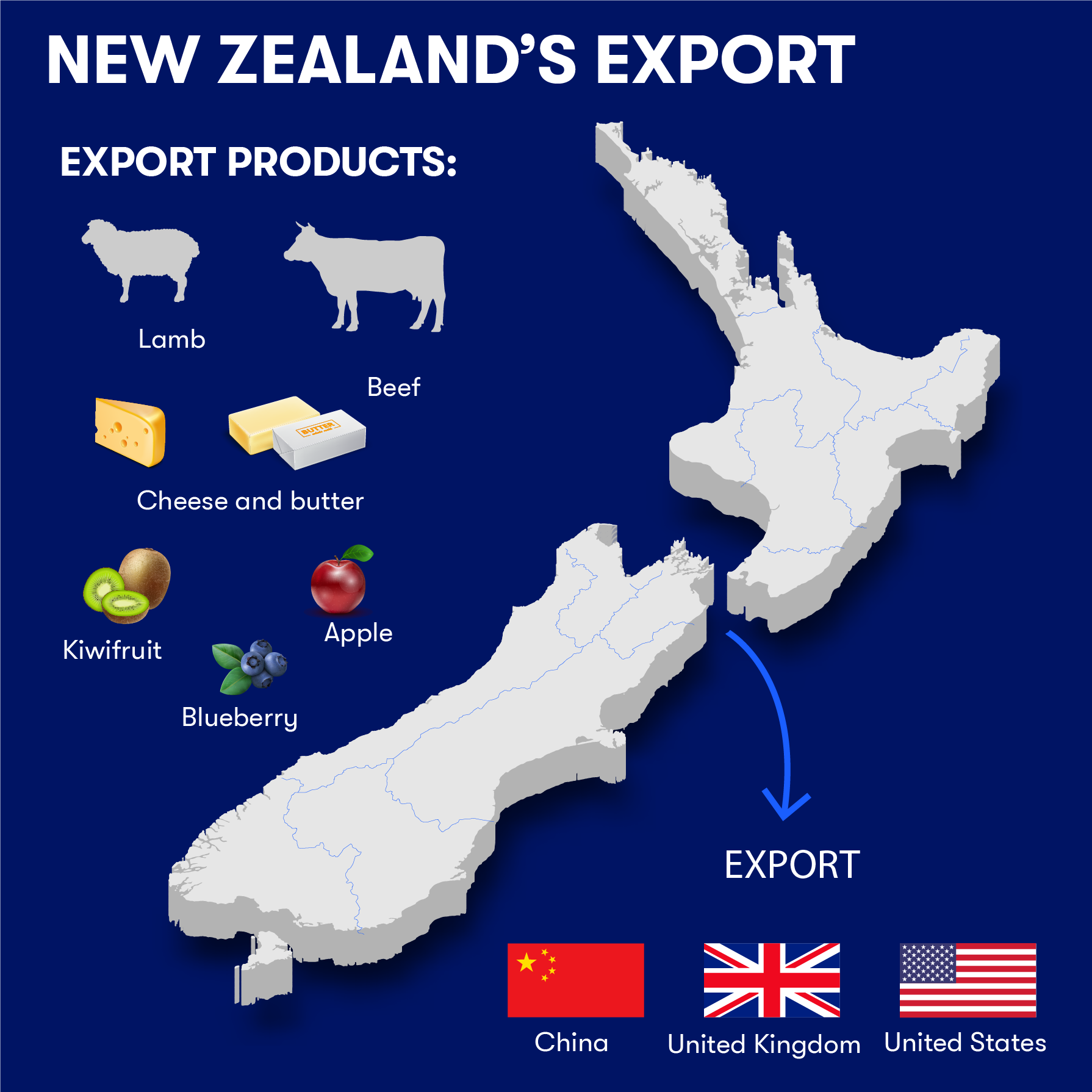Cold chain logistics: our first ebook hot off the press
| Written by Mark Buzinkay
We created this eBook to provide an introductory, yet complete overview of the stages, processes and technologies of the modern world cold chain logistics.

No video selected
Select a video type in the sidebar.
The cold chain is a big part of the global supply chain and includes all modes of transport. Its impact on national economies is significant, making regional products available on a global market.
Discover the basics of Cold Chain logistics and download our free eBook "Inside The Box: Cold Chain and Reefer Management".
New Zealand provides a great example of cold chain significance for a national economy. Due to its geographic isolation, New Zealand industries and exporters have been forced to come up with ideas, with the result that many technologies and practices developed in New Zealand have been pioneering. From the beginning of the 20th century, most effort tended to focus around improving reliability and energy efficiency in meat refrigeration.
New Zealand food exports create some of the longest cold chains in the world. Responsibility for temperature integrity in the cold chain is placed on the processors and exporters.

Today, more than 45% of all exports from New Zealand are food products or by-products, and an estimated 60% of these are exported in the refrigerated state. The dominant food sectors are milk products, meat, fruits and vegetables and seafood.
Beef and lamb products dominate the red meat exports, with the United States, the United Kingdom and China being the three largest export markets. Most of the meat is exported frozen, but approximately 5% of beef and 15-20% of lamb products are exported chilled.
Cheese and butter are the major dairy exports that require refrigeration (although milk powder is the largest dairy export product by volume). Butter is commonly stored frozen to reduce the rate of lipid oxidation that causes spoilage.
The New Zealand fruit industry is dominated by the export of whole fresh product. Kiwifruit, apple, and avocado represent the bulk of the products while other export markets such as blueberry and cherry are emerging. Main markets are East Asia, Europe and North America.
Due to the relative low volumetric efficiency (kg/m3) of packing that is a constraint of fresh produce, the volume of maritime cool-chain equipment used is substantial. In 2016, 68 chartered, refrigerated ships and a further 10,500 refrigerated containers where required to export New Zealand kiwifruit to 58 countries.
Due to the success of New Zealands export activity, but also from the rise in online grocery and food delivery volumes, mirroring international trends, cold storage-related property has been identified as one of the leading growth sectors in the industrial property market. The secure and safe storage of COVID-19 vaccines is also contributing to ongoing high demand in the cold storage sector in New Zealand.
The broader cold chain – including refrigerated containers, blast freezers and chillers, cold rooms, dedicated cold storage warehouses and refrigerated transport – is vital to New Zealand’s economy which is founded on the primary sector.
eBook Inside the Box: Cold Chain and Reefer Management
In our latest eBook, we look deeper into Cold Chain logistics and cover many topics in 7 chapters:
- [1] Cold Chain Explained
- [2] From Farm to Cold Storage
- [3] Inland Transportation
- [4] Container Terminal Reefer Operations
- [5] Reefer Management on Vessels
- [6] Cold Chain: Warehouses and Markets
- [7] State and Future of the Cold Chain
Discover the basics of Cold Chain logistics and download our free eBook "Inside The Box: Cold Chain and Reefer Management".
We published our eBook also as an online-version: Cold Chain and Reefer Management



